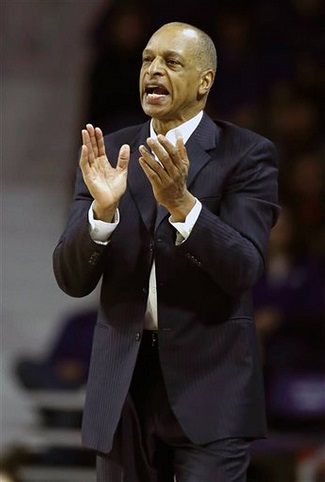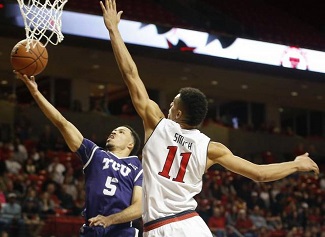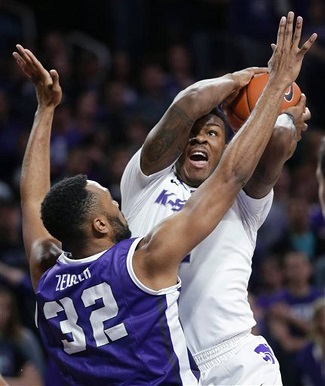#17/18 Texas Longhorns (13-4 overall, 2-2 Big 12) at TCU Horned Frogs (14-3, 1-3)
Wilkerson-Greines Activity Center | Fort Worth, TX | Tip: 6 P.M. CT | TV: ESPNU
Vegas: Texas -3 | KenPom: TCU, 59-58 (54%)
The Texas Longhorns bounced back from a two-game losing streak in impressive fashion on Saturday night, thumping West Virginia by a 77-50 count. The win brought Texas back to level on the young Big 12 season, with tonight’s road game at TCU providing a chance to build a little momentum heading into this weekend’s clash with Kansas.
Although TCU is just 1-3 in the league and has been a doormat since joining from the Mountain West, the Horned Frogs are not nearly the easy win of years past. With some solid transfers and key players finally staying healthy this season, the Horned Frogs finished a fairly soft non-conference schedule with a pristine 13-0 mark. While they haven’t found the same success in the Big 12, the Horned Frogs battled both West Virginia and Baylor in close losses at home, with the latter contest going to overtime.
Texas once again looked like a legitimate contender in Saturday’s dominating win over West Virginia, but if they are going to remain relevant in the conference race, they have to follow it up with a road win tonight. Even though Ken Pomeroy’s model gives TCU the slight edge in this one, the Fort Worth road trip will likely prove to be the second-easiest in the Big 12 this year. The Longhorns cannot afford to give up ground to their competitors by dropping a winnable game away from home.

Trent Johnson finally has a healthy team in his third year
(Photo credit: Orlin Wagner/Associated Press) 
Kyan Anderson leads TCU in scoring and assists
(Photo credit: Tori Eichberger/Associated Press) 
TCU’s defense does not give opponents much space
(Photo credit: Orlin Wagner/Associated Press) |











